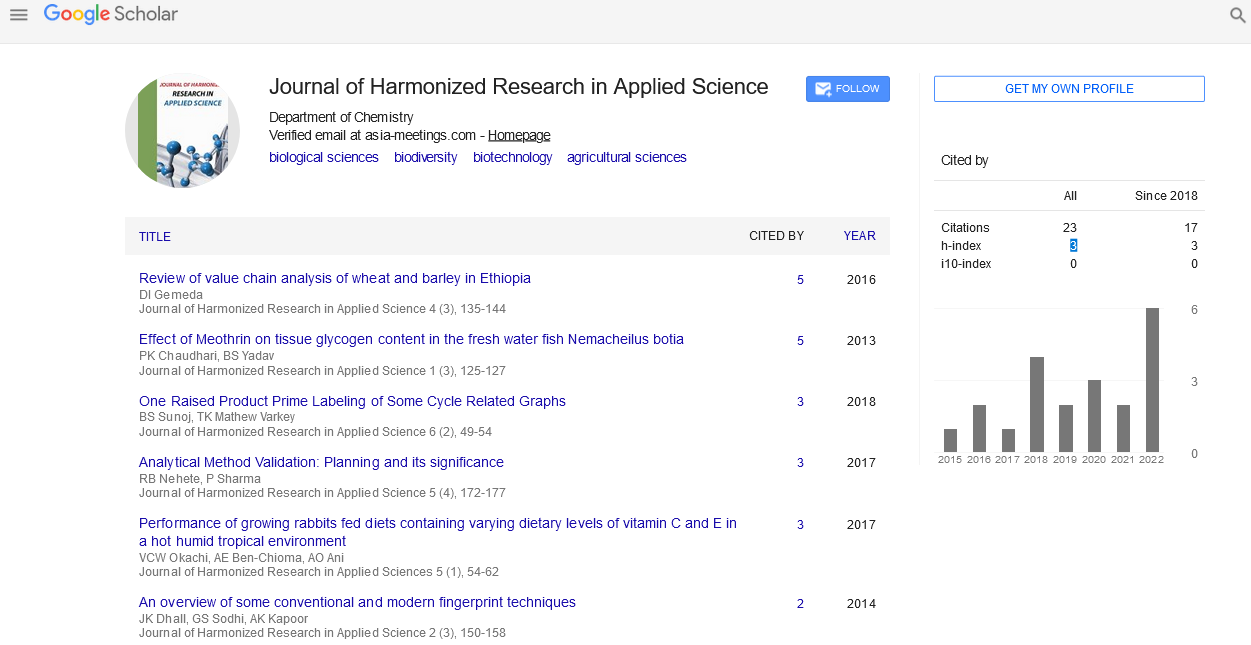THE FACILITATION OF SOCIAL DIALOGUE AND DEMOCRATIC PARTICIPATION, THE CHALLENGING ROLES OF CIVIL SOCIETY AND WORKERS GROUPS AS FOCAL POINTS IN ECOWAS REGIONAL INTEGRATION PROCESS.
Abstract
Author(s): Umar, Mohammed Bello
Civil Society and Workers groups are sociologically integral to most emerging societies. Their imperativeness and relevance in terms of facilitating social dialogue and providing effective participat ion in the democratic process is expedient in aiding regional integration in West Africa. This write up seeks to focus on Civil Society and Workers group as promoters of West African integration. In so doing, the study examined the socio-economic, political as well as the legal scenarios upon which rest the activities of civil society and workers groups in terms of their participatory activities. Again, in the same vein some decisional instruments and protocols were closely telescoped all with a bid to aiding our understanding of social dialogue and democratic participation within the ECOWAS. The revised ECOWAS treaty was also re-focused as a technical facilitator and a vital mechanism in the process of social dialogue and democratic participation. Some key institutional mechanisms such as the Organization of Trade Unions of West Africa [OTUWA] and the Employers’ Association were examined with a view to appreciating their strategic relevance in terms of the type of roles they play in promoting social dialogue and democracy within the ECOWAS. This study is essentially dependent on secondary data and empirical works already done in the area and other related fields. The STUDY has further established profoundly the relevance of collaboration between local unions, which together can bring together their financial and technical endowments to participate more consistently and evocatively within the ECOWAS integrative framework. In conclusion the study reconfirmed the strategic essence of a broad based partnership in West Africa’s integrative pursuits where all parties are expected to contribute to the process of a more enlarged and people-centered integration. Key Words: Integration, Mechanism, Actors, Protocols, Unions, Conflict, Community.










